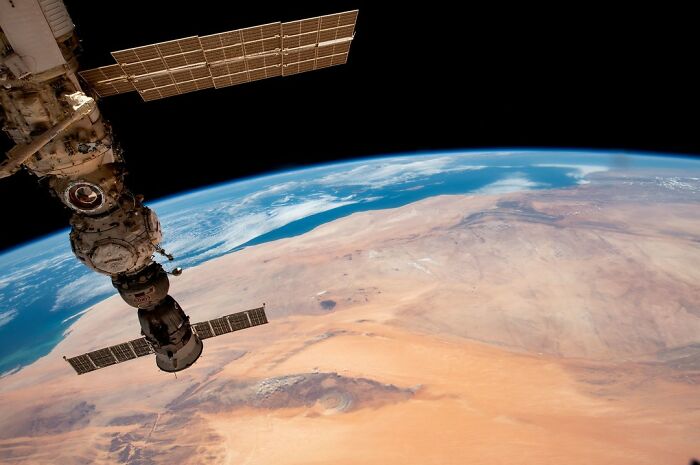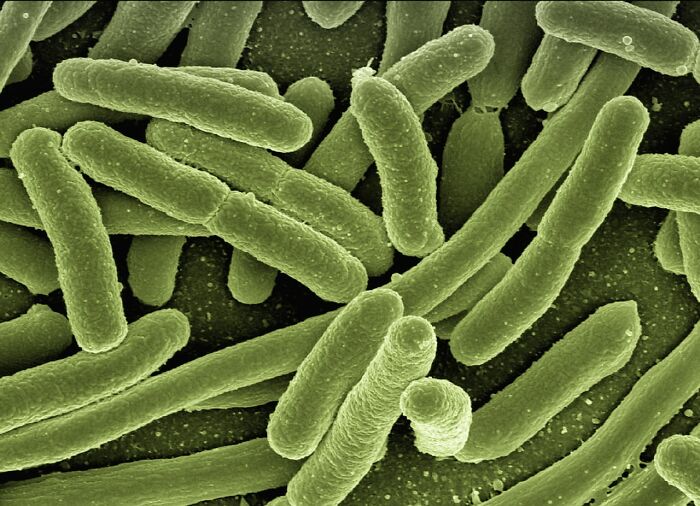Bacteria in space, particularly aboard theInternational Space Station (ISS), are not just surviving—they’re thriving and evolving into forms distinct from their Earth-bound counterparts. This rapid evolution has raised questions among researchers who are studying these changes to understand how they could potentially impact astronaut health and future space exploration.
A new study put the spotlight on how bacteria can adapt to harsh conditions, like those in space

Image credits:NASA
Five strains of E. bugandensis were found on thespace stationin 2018, and these strains have since mutated, according toIFLScience.Now, the recently published study reported the existence of 13 strains.
The scientists found that 13 strains of the bacteria Enterobacter bugandensis had mutated into forms that were different from their Earthy counterparts

Image credits:geralt via Pixabay (Representational Image)
The researchers noted that the strains have mutated to become genetically and functionally different from their counterparts on Earth.
“We identified certain genes from our study that are exclusively present in organisms associated with the ISS, but not in their terrestrial counterpart,” the paper said.
The research helped scientists understand how bacteria can adapt to harsh conditions, like those in space, and this knowledge is crucial in protecting the health ofastronautsas they live and work in the closed, human-built environments of space stations.
Findings such as these help scientists develop methods to protect the health of astronauts against ever-evolving microbial life
View this post on Instagram
NASA, which called E. bugandensis a “bacterium notorious for being multi-drug resistant,” said that the 13 strains were able to “viably persist in the ISS over time with a significant abundance.”
“E. bugandensis coexisted with multiple othermicroorganisms, and in some cases could have helped those organisms survive,”NASAsaid in the April 16 press release.You May Like"It Will Cause Casualties": Scientist Addresses The City-Leveling Asteroid Threat For 2032Lei RV“Call Me Lazy”: Mother, 34, Stuns With Ozempic Transformation And Side EffectKarina Babenok“Wish There Were More Like Him”: People’s Support For Luigi Grows After His First Public StatementRenan Duarte
Lei RV
Karina Babenok
Renan Duarte
News